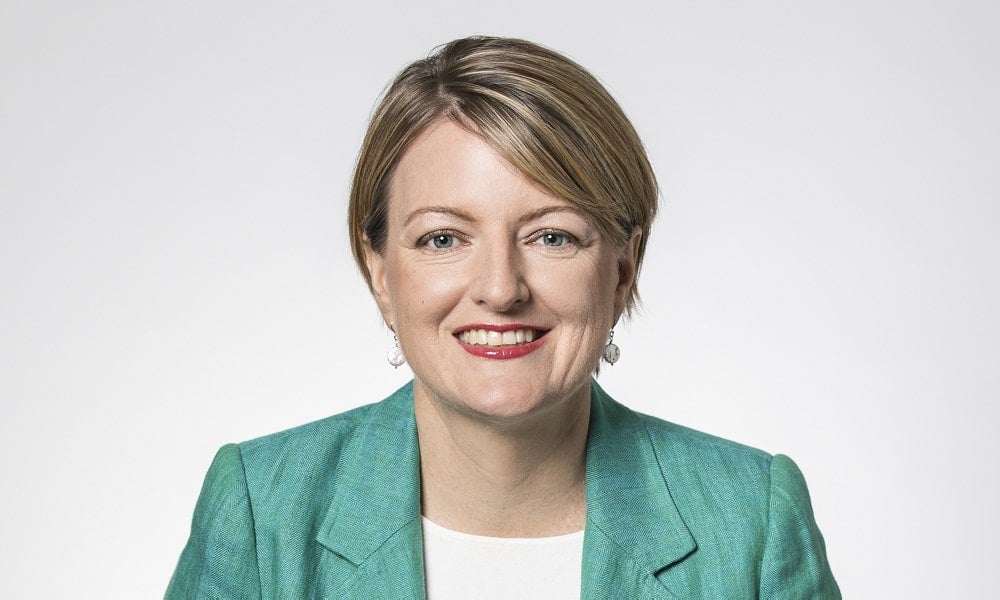Three key ways to future-proof business against climate change
There are still several opportunities to future-proof business and rise to the challenge of creating a more sustainable future for all, says Penny Joseph, Head of Resilience and Climate Change Adaptation at Sydney Water
Climate change is no longer a distant threat for businesses. According to a Deloitte Global survey on business’ views on environmental sustainability, 30 per cent of executives say their organisations already feel the operational impacts of climate-related disasters. More than a quarter are facing a scarcity of resources because of it. While 80 per cent of executives say they are concerned about climate change, the pandemic and economic downturn have stalled ambitious actions. So what can businesses do today to mitigate the effects of climate change? Is it too late?
According to Penny Joseph, Head of Resilience and Climate Change Adaptation at Sydney Water, and AGSM MBA Executive (2019) and UNSW Engineering (1998) alumna, businesses still have many opportunities to progress and create sustainable business models. “Break down the big problems into smaller problems. You’ll be able to see that there are lots of different things you can act upon. And when you do that, you can start to feel positive about the future,” said Joseph, who recently discussed the issue as part of the AGSM @ UNSW Business School Business of Climate Change podcast.

“We have so many opportunities to act on different small and large things. I’m not saying that we should be complacent because, of course, we should be acting with intent, but we should also be, I think, optimistic about the future. If you’re not optimistic about the future, then you may as well pack up now,” she said.
But she also said a team effort and initiatives that bring together different levels of expertise are required to address the impacts of climate change. “There are so many opportunities that we have so much new technology that we can utilise, and so much low hanging fruit… it does require a lot of people through the organisation who contribute their particular skill sets. So it’s certainly not just one team or one small person that is looking into those issues.”
“I absolutely can’t achieve my outcomes without utilising other teams. And other teams would say the same thing,” she added.
We already know that climate change affects business. So how can businesses prepare for climate change and build more sustainable business models?

1. Look for progress rather than solutions to future-proof your business
The world can't just stop producing carbon emissions today. But countries can reduce emissions to zero gradually. So think about how your organisation or team can progress complex issues rather than attempting to solve them straight away. And one approach Ms Joseph uses to look at problems is through the Cynefin framework to aid in her decision-making. Created in 1999 by Dave Snowden when he worked for IBM Global Services, the Cynefin framework has been described as a “sense-making device”.
Cynefin offers five decision-making contexts or “domains”, explained Ms Joesph. First, there’s clear (known until 2014 as simple), then complicated, complex, chaotic, and finally disorder. These ideas help managers identify how they perceive situations and make sense of their own and other people’s behaviour.
“The biggest thing I encourage for people is just to break down the big problems into smaller problems. If you can do that, you’ll be able to see that there are lots of different things you can act upon. And when you do that, you can start to feel positive about the future. And you can see the positive outcomes that we can each achieve,” said Ms Joseph.
Read more: How resilient is the insurance industry against climate change?
2. Consider ‘optioneering’ to mitigate climate risk and financial risk
“I would encourage people to take or make decisions that open up more options. Because that way you’re actually progressing forward into circumstances that are unknown, you give yourself more ways to respond in the future,” said Ms Joseph.
Optioneering is the term she used to describe the in-depth consideration of various alternatives and options to find the best or preferred alternative or option. Optioneering means you consider a broad range of alternatives and options to ensure that any solution is the best fit and makes the best use of resources. For example, how might optioneering play a role in your supply chain? Or in your approach to risk management?
“Try to keep a wide variety of options open as long as you can, so, so that you’ve got space to adapt in different directions as things change,” she said.

3. Focus on leadership instead of management
Climate change significantly affects the things we take for granted, including our water supply, and it’s easy to become pessimistic about the future. But the world is still at a tipping point – there are 10 years left to prevent irreversible damage from climate change. So business leaders today are perhaps the last generation that can help in the fight to cut carbon emissions and prevent irreparable damage to our planet. And it is undoubtedly possible to rise to the challenge and plan for the future, urged Ms Joseph.
But leaders need to look for what they can start doing now and get busy. “There’s actually a lot of people, certainly in our organisation, but I’m not sure about others, that are actually wanting to do the right thing. So we should be trying to lead in a way that empowers people in our organisations, and that’s really important and sort of the keys to success,” she said.
Indeed, there are significant benefits that come from a solid commitment to sustainability within organisations. As well as being good for the planet, action on climate change at the business level is also an opportunity to attract sustainable investment, according to Dr Kingsley Yuen Lung Fong, Associate Professor and Program Director of the Master of Financial Planning at UNSW Business School.
Read more: Sustainable investment is on the rise globally. Is Australia being left behind?
“Billions and billions of dollars continue to flow into sustainable investment vehicles – showing that investors have resolved to continue the agenda they see as important. It’s very important to act now because we are basically at the threshold of some of the environmental and social boundaries of the current global socio-economic systems. We have exponential growth in populations and resource consumptions, which is not sustainable in the long run,” he said.
Prof. Fong spoke about some of the long, medium and short-term strategies for companies wanting to future-proof their business models and attract sustainable investment. One of them is to get educated about what responsible investors are looking for to think about the purpose of the business and the products that will be marketable and sellable in an environment where there will undoubtedly be expectations on the company’s sustainability.
Listen to the full episode on The Business of Climate Change by downloading the podcast here, or click here for more episodes in the series.

